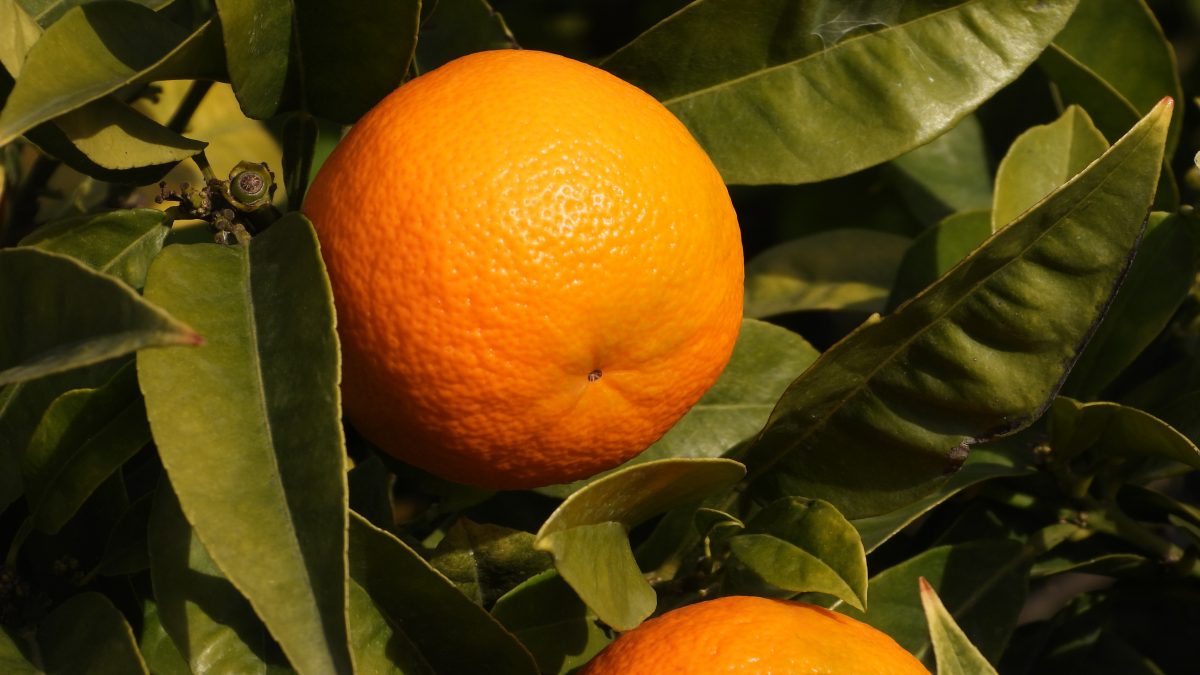Citrus Greening and Gene Editing

Take Note of These Upcoming FFAA Events
March 14, 2019
Recent Alliance Shows Fertilizer Industry Is Serious About Safety
August 16, 2019Researchers hope gene editing can help control the spread of Huanlongbing.
Citrus greening, or Huanglongbing, is still a major threat to Florida’s citrus industry. It’s estimated that 75 percent of Florida’s citrus has already been decimated by the disease. Researchers are scrambling to find solutions to the problem before it wreaks similar havoc in Texas and California. Fred Gmitter, professor of horticultural sciences at University of Florida, thinks gene editing may offer some hope.
A Collaborative Effort
Gmitter is quick to state that he’s not looking for a silver bullet cure, but rather a strategy of techniques to overcome the disease. Gmitter’s research group released the first publicly available citrus genome sequence in 2011, and now it is looking at gene editing to find precise ways to change the genetic characteristics of citrus trees. The goal is to make trees immune, or at least more resistant, to the greening bacteria and insect that spreads it.
It’s not likely that there will be just one gene that makes citrus resistant to greening. Researchers will work to identify which genes may play a role in resistance, and then work on editing them and testing them in a greenhouse. After that, they’ll work with growers to conduct trials in the field.
Gmitter isn’t the only one working on this problem. In Gainesville, Nian Wang is a professor of microbiology and cell science at the University of Florida Institute of Food and Agricultural Sciences. Wang’s research involves taking resistance-related genes from greening-resistant germplasms and putting them into susceptible commercial citrus varieties. The hope is that by combining DNA in this way, they can develop citrus varieties that are more tolerant of greening.
The goal of Wang’s research is to inhibit the spread of the bacteria that causes greening by boosting the plant’s own immunity. The research, funded by the USDA through the National Institute of Food and Agriculture’s Specialty Crop Research Initiative, will help develop greening control therapies and create disease-resistant citrus varieties. Wang wants to provide sustainable solutions that can be deployed in the field in the near- to mid-term, helping to manage the massive losses to citrus greening.
Will gene editing provide an effective solution to citrus greening? Only time will tell. Until then, growers will continue to experiment with a variety of techniques to combat the disease. Irrigation, pest control, and fertilization methods are also being explored to help make trees more resistant.
To learn more about these efforts to fight citrus greening, go to https://citrusrdf.org/research/

